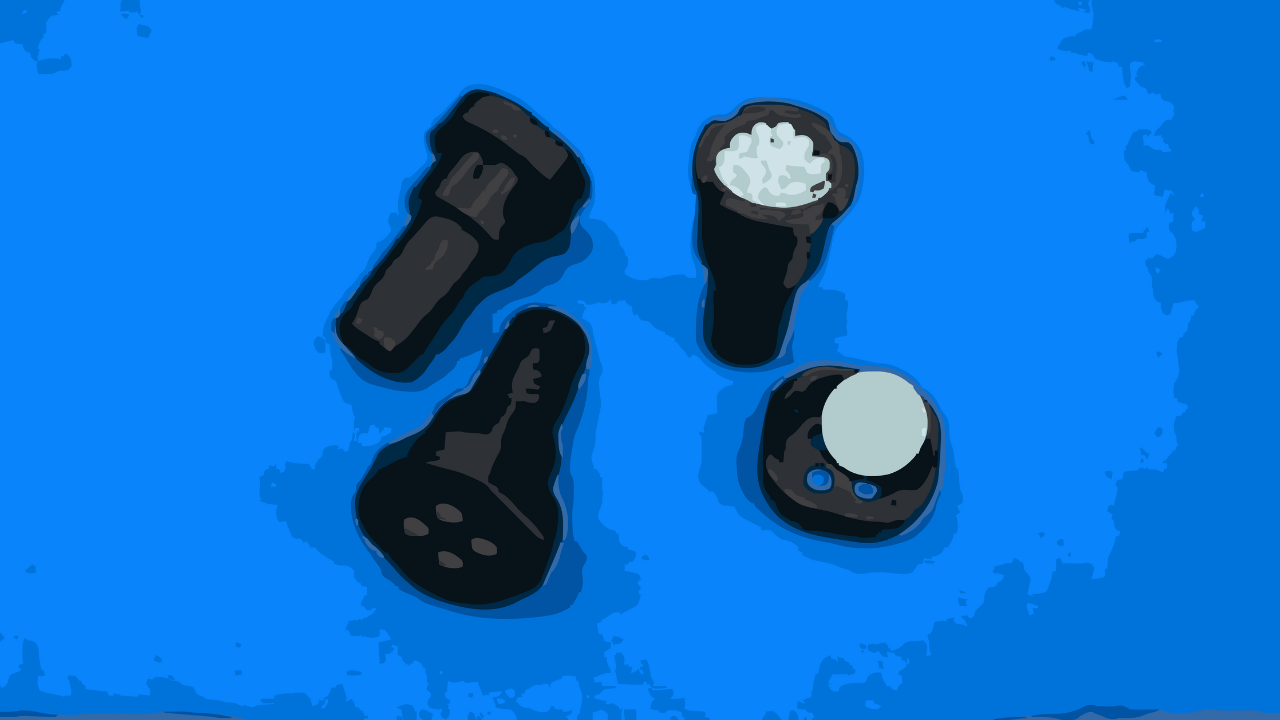What a Judge Wants
May 29, 2024
When you prepare for solo competition, usually one question is on your mind: what will the judge be listening for?
Will they be able to tell if you aren’t playing all your drones?
Should you use all of the tuning time you’re allowed?
How much does tune selection really matter?
The answer to all of these can depend somewhat on the individual judge and the grade you’re competing in.
But while the specificity may change, some cocktail of the following elements is common to what most judges will be listening for.
Fingerwork and technique quality
At all levels, a good judge has to balance their assessment of fingerwork and technique quality with other fundamentals like instrument quality (more on that soon).
But at the beginner levels, it’s usually sloppy fingerwork that judges will notice, moreso than the occasional poorly played passage or wrong notes. Sloppy fingerwork might show up as:
- Regularly occurring, glaring crossing noises.
- Sloppy gracenotes that are too big and/or out-of-sync with the melody.
- Poorly played embellishments. Not only are embellishments themselves tricky, but they are also made up of gracenotes and note-changes, which are easy to mess up if haven’t prepared or your fingers lock up when you’re nervous.
No one is a fan of a ‘bean counter’ judge – the kind that just ticks off a laundry list of the things you played wrong, rather than what you played well. But if you work on clean, accurate fingerwork technique, you’ll limit the number of things that kind of judge can fault you on!
Instrument quality
While fingerwork is the first thing a judge usually notes on a score sheet, don’t sleep on instrument quality – things like tuning, steady blowing, or your sound quality.
Mostly, these come down to making sure you consistently practice (usually with a manometer to check your pressure is steady) and maintain your instrument well.
A good judge will immediately know if you haven’t maintained your pipes well. Not because they’re some psychic Jedi who can read your mind. But because your overall sound quality will be lowered by sagging or surging blowing, or drones that aren’t quite in sync because of calibration issues.
Sometimes you might manage to get your drones in tune. But if they’re too open and loud and raucous, a judge will pick up on that because it affects the tonal quality.
Instrument quality is pretty easy to achieve through daily practice and regular maintenance checks. So why give away such easy points?
First impressions
Do judges notice and judge you based on your actions during tuning?
In all pipe competitions you usually walk up and introduce yourself and your tune to the judge. Then, you’re allowed to use a certain amount of time for tuning, which is designed to give time for the bagpipes to settle.
Technically judges shouldn’t be judging during this time… but of course, they’re only human. And first impressions always matter, even if they can’t grade you on how you present yourself according to the score sheet.
So especially at the lower levels, make sure you practice this part of your performance before the day. What process will you have? Will you tune your own drones, or call in a higher-level piper to help I totally recommend the latter for beginners, by the way – judges would usually rather not sit through 3 minutes watching you struggle to tune. What tuning phrase will you use? How will you introduce yourself and your tune?
Systematise and practice these elements so you can’t get it wrong, so it’s one less thing to stress you out when you’re already nervous. Plus, it will make you look more confident and professional on the day, making a great first impression.
When you are in front of the judge, don’t do anything new. If you play a warm-up tune, play something you know very well. Keep things loose and easy. Take your time before you start your set, don’t rush.
The judges want you to do your best and will give you the time to get settled. Then, when you’re ready to start, remember to relax and keep your tempo at a manageable speed to allow your fingerwork and instrument quality to shine.
Musical merit
How much does the “musical merit” of your tune selection matter?
A good judge should have zero bias as to what tunes you select, but sometimes this can come into play.
Most pipers would advise you to choose something that’s simple and within your current skill level.
But it is a bit more nuanced than that… because let’s say Jim shows up and plays a tune that’s too hard for him, but has great instrument quality and exhibits some good fingerwork.
But Buzz shows up and plays a simple tune well, but it’s obviously an extremely easy tune for pipers at that level.
Or Sally picks an old favorite tune that everyone loves to tap along to, so the judge enjoys that performance more.
How does the judge pick a winner?
Unfortunately that’s likely to differ with every judge, based on what they value more.
And at the end of the day, you can’t know every judge’s individual preference. So it’s best to focus on what you do know.
Usually, that will involve combining the elements above to ensure you’re as prepared as possible for games day.
The Piper’s Dojo Weekly Show brings you weekly advice about how to be a better bagpiper. Tune into our weekly livestreams on our Facebook page, subscribe to our YouTube channel or wherever you listen to your favorite podcasts!
Stay connected - subscribe to our free Weekly Digest!
Get bagpipe knowledge delivered to you every Monday! Tips and tricks, podcasts, special offers, and more.
We hate SPAM. We will never sell your information, for any reason.




